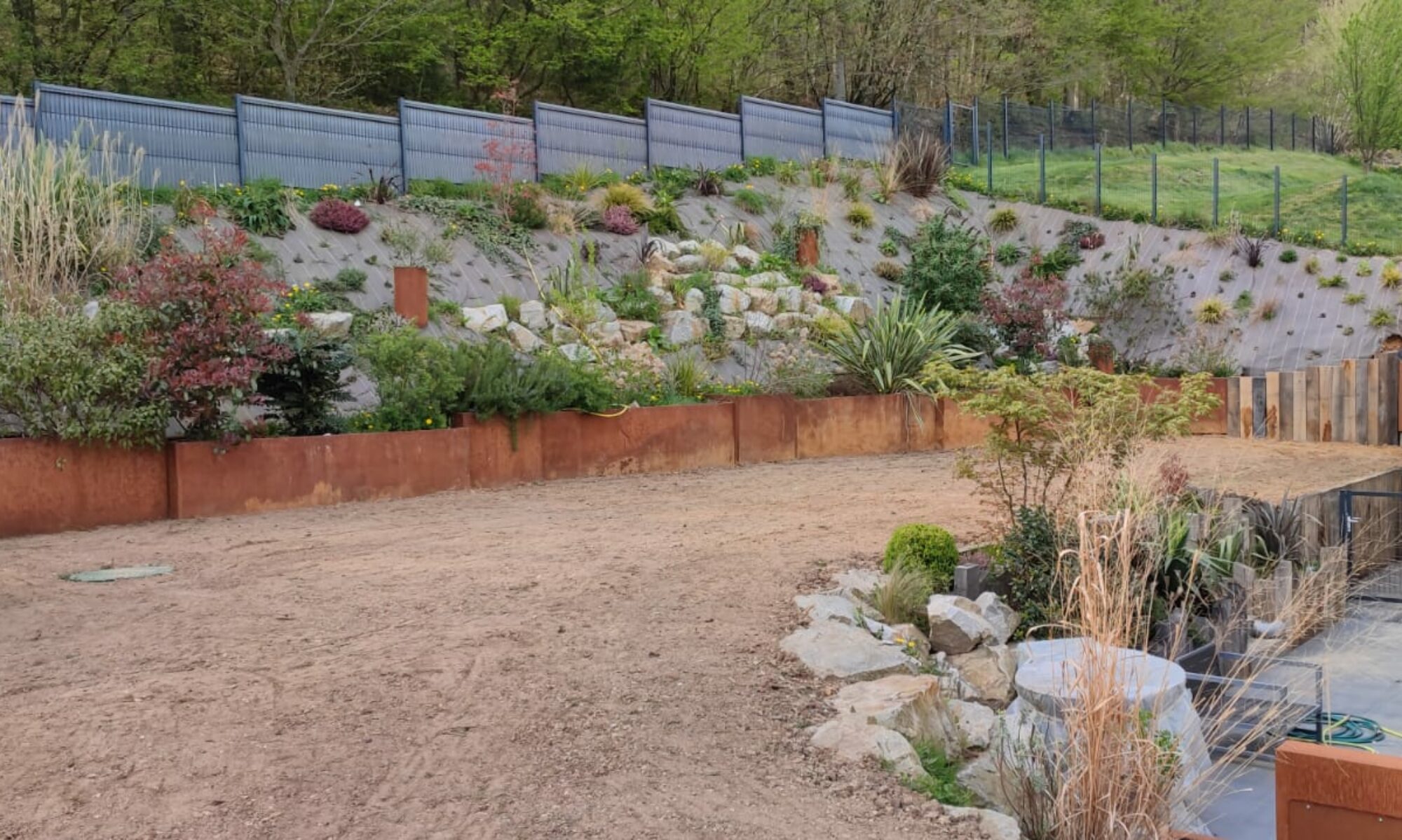In today’s significantly interconnected globe, the capability to function collaboratively is an essential ability. As standard instructional standards develop to fulfill the demands of the 21st century, collective discovering emerges as a pivotal principle. This short article explores the details of collaborative learning, discovering its benefits, methods, and challenges, while giving understandings right into how it forms contemporary education.
Collaborative learning surpasses simply interacting.

It embodies an instructional method where people take part in a cumulative initiative to acquire understanding, resolve issues, and accomplish a common goal. This approach highlights the worth of variety in thought and fosters much deeper understanding via communication and shared experience.
The Benefits of Collaborative Knowing
Collective learning provides a myriad of advantages, making it a preferred strategy in educational settings across the globe. One of the main benefits is the improvement of vital thinking abilities. As learners involve with peers, they are exposed to various viewpoints, urging them to evaluate and examine info more critically.
One more substantial benefit is the improvement in communication skills. Collective knowing atmospheres demand energetic listening, express expression of concepts, and respectful discussion. These skills are very useful, not just academically, but in specialist and social contexts also.
Cognitive development is also significantly bolstered via collective initiatives. Collaborating calls for students to express their thinking, obstacle assumptions, and incorporate different viewpoints, resulting in deeper cognitive handling and retention.
- Enhanced vital assuming
- Enhanced interaction abilities
- Enhanced cognitive development
- Greater retention rates
- Promoting of social and leadership skills
The advancing impact of these advantages is a much more all natural academic experience. Learners not just get expertise however likewise develop essential life abilities that prepare them for future joint endeavors in any kind of area.
Methods for Effective Collaborative Learning
Executing collective knowing efficiently requires thoughtful strategy and preparation.
Educators should produce an environment for collaboration, where learners really feel secure and inspired to participate honestly. Here are some methods that can help with successful collective knowing experiences.
First of all, developing clear goals and expectations is paramount. When students recognize the goals and their roles within the group, they are more likely to engage meaningfully. Educators ought to connect these objectives explicitly and guarantee they are lined up with the educational program.
Secondly, the use of varied group structures can enhance the knowing experience. By differing team composition, whether by ability level, rate of interest, or history, instructors can promote dynamic interactions and a more extensive understanding of the material.
Challenges in Collaborative Discovering
While collaborative knowing supplies numerous benefits, it is not without its difficulties. One usual concern is the disparity in team member participation. Some individuals might control conversations, while others might be much less likely to contribute, bring about a discrepancy in the understanding experience.
- Diverse degrees of involvement
- Potential for problem
- Time administration difficulties
- Varying degrees of commitment
Additionally, problems can emerge due to differing opinions, working designs, or misunderstandings. Educators needs to be geared up to handle these problems properly, cultivating an atmosphere where considerate discussion prevails.
The Role of Modern Technology in Collaborative Discovering
In the electronic age, innovation plays an instrumental duty in promoting collective understanding. On the internet systems break geographical barriers, permitting individuals from varied areas to work together in genuine time. These devices provide a wide variety of attributes that boost collective efforts, from shared papers and conversation forums to online conference areas.

Innovation not only broadens the scope of who can join collective knowing yet additionally improves the top quality of communication. Learners can access a wider series of sources, engage with interactive material, and use their knowledge in cutting-edge means.
Future of Collaborative Learning
Looking in advance, the future of joint understanding appears promising. As educational institutions continue to accept innovation and innovate instructional techniques, partnership will likely become a knowledge sharing keystone of discovering experiences whatsoever degrees of education.
Eventually, the significance of joint knowing hinges on its capacity to encourage individuals via shared initiative and mutual understanding. As we progress, growing these experiences will certainly be vital in preparing learners not just to be successful academically, yet to flourish in a complex, interconnected globe.

